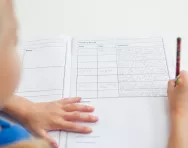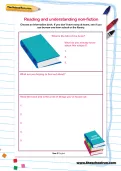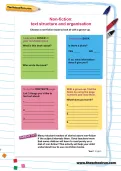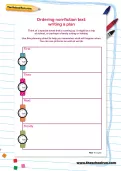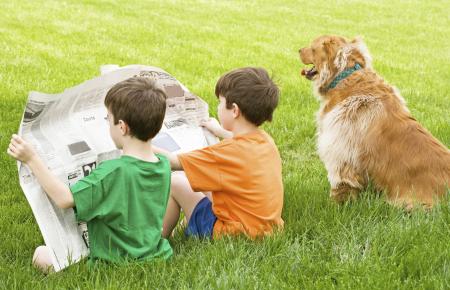Important update from TheSchoolRun
For the past 13 years, TheSchoolRun has been run by a small team of mums working from home, dedicated to providing quality educational resources to primary school parents. Unfortunately, rising supplier costs and falling revenue have made it impossible for us to continue operating, and we’ve had to make the difficult decision to close. The good news: We’ve arranged for another educational provider to take over many of our resources. These will be hosted on a new portal, where the content will be updated and expanded to support your child’s learning.
What this means for subscribers:
- Your subscription is still active, and for now, you can keep using the website as normal — just log in with your usual details to access all our articles and resources*.
- In a few months, all resources will move to the new portal. You’ll continue to have access there until your subscription ends. We’ll send you full details nearer the time.
- As a thank you for your support, we’ll also be sending you 16 primary school eBooks (worth £108.84) to download and keep.
A few changes to be aware of:
- The Learning Journey weekly email has ended, but your child’s plan will still be updated on your dashboard each Monday. Just log in to see the recommended worksheets.
- The 11+ weekly emails have now ended. We sent you all the remaining emails in the series at the end of March — please check your inbox (and spam folder) if you haven’t seen them. You can also follow the full programme here: 11+ Learning Journey.
If you have any questions, please contact us at enquiries@theschoolrun.com. Thank you for being part of our journey it’s been a privilege to support your family’s learning.
*If you need to reset your password, it will still work as usual. Please check your spam folder if the reset email doesn’t appear in your inbox.
Non fiction
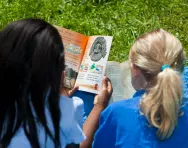
Non-fiction is any style of writing that is based on facts and real life, rather than a fictional (made-up) story. Your child will study a range of non-fiction texts throughout primary school and you'll find lots of information and worksheets in this section to help them, whether its reading and understanding text structure and organisation, writing informative text or about an event, writing reviews, lists, labels and captions, titles and blurbs or putting instructions in order.
Support non-fiction writing at home with expert advice and teacher-created resources
Find out about the non-fiction objectives of the National Curriculum that your child is being taught, read parents' guide to instruction texts, recounts, information and explanation texts, persuasive writing and argument texts and and discover what you need to know to support your child.
Then explore non-fiction worksheets for your child's school year covering non-fiction skills including writing a plan, proofreading and editing, using formal and informal language, researching, labelling and letter writing. Got a budding journalist? Find out about writing a newspaper report, analysing newspaper articles and separating fact from opinion.
These downloadable non-fiction writing resources for KS1 and KS2 are ideal for parents who want to encourage and develop their child's non-fiction understanding and writing skills at home.
Worksheets
Could you have a budding journalist at home?
Your child will learn how to read, understand and write newspaper articles and journalistic writing throughout primary school, and it's a fun activity to support at home. Try these for starters:
Different types of non-fiction texts
Confused about recounts? Got your instruction text, argument text and information text mixed up? Read our parents' guides:
- What is a non-chronological report?
- What is an instruction text?
- What is a recount?
- What is an argument text?
- What is an information text?
- What is persuasive writing?
- What is an explanation text?
There are lots of types of non-fiction text for your child to explore, and there lots of ways for you to get your child excited about different types of texts at home. How about these:

